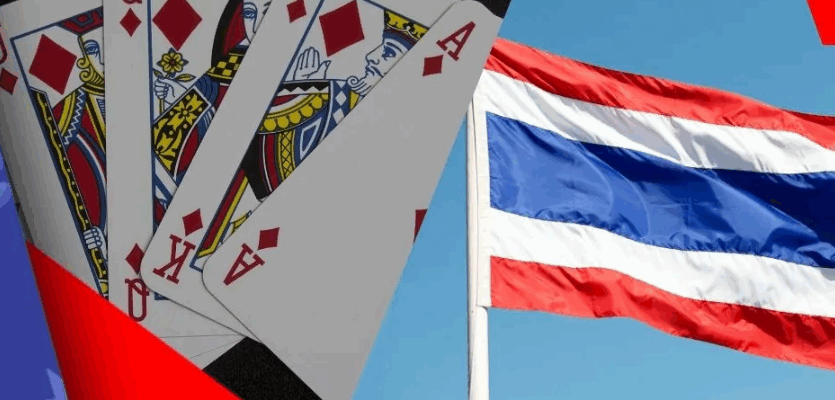Tourism and Sports Minister Sorawong Thienthong stated that the move, initiated by the Sports Authority of Thailand (SAT), aligns with broader efforts to boost the country’s sports tourism sector. While the SAT board has approved poker’s designation as a sport, procedural steps—including establishing a Poker Sports Association and hosting pilot tournaments—are still underway.
Thailand Clarifies Poker Policy Under New Sports Framework

Thailand has officially clarified its stance on poker following the game’s reclassification as a sport. Government officials have confirmed that poker will remain tightly regulated and only allowed under specific conditions. According to the Bangkok Post, the Ministry of Tourism and Sports has declared poker a recognized mind sport rather than a form of legal gambling, placing it under the oversight of a sanctioned governing body.
Tourism and Sports Minister Sorawong Thienthong stated that the move, initiated by the Sports Authority of Thailand (SAT), aligns with broader efforts to boost the country’s sports tourism sector. While the SAT board has approved poker’s designation as a sport, procedural steps—including establishing a Poker Sports Association and hosting pilot tournaments—are still underway.
On July 30, Interior Minister and Acting Prime Minister Phumtham Wechayachai signed Order No. 2253/2568, officially repealing a 1958 directive that banned poker nationwide. The new order allows poker activities in controlled environments, though the game remains classified as a “Category B” activity under Thailand’s Gambling Act—meaning it still requires government authorization.
Strict Conditions for Legal Play
Officials stressed that poker may only be played during officially sanctioned tournaments organized by the yet-to-be-formed Poker Sports Association. Until the association is operational and issues formal regulations, casual or private poker games remain prohibited. All events must be strictly non-wagering and conducted within a soon-to-be-established legal framework.
Minister Sorawong emphasized that the government is not promoting gambling but recognizing poker similarly to how esports has gained legitimacy as a sport, including at events like the Asian Games and the Olympics. He noted that poker is widely accepted internationally as a game of skill, and Thailand will adopt this standard.
Any event involving betting or held without official approval will still be treated as illegal gambling under Thai law. The tourism ministry clarified that the reclassification does not amend existing gambling legislation, thus no public consultation was required. Instead, the change is being handled through formal sports regulatory channels.
Legal and Regulatory Background
This policy shift follows SAT’s July 23 decision to formally list poker as a sport, citing its global appeal and skill-based nature, including strategic thinking and psychological insight, as justification.
Earlier this year, to support the new classification, the Ministry of Tourism and Sports partnered with the World Poker Tour (WPT) to launch Thailand’s first professional poker dealer training program. The five-day course, held in Bangkok in May, trained 100 participants in tournament operations, technical skills, and conflict resolution. Graduates are now eligible to join the WPT dealer network, laying the groundwork for future domestic events.
Not Tied to Casino Liberalization Efforts
Government officials have denied any connection between the poker reclassification and broader discussions about casino legalization or entertainment complexes. Minister Sorawong reiterated that illegal gambling remains a criminal offense and that the new policy solely pertains to the regulation of poker as a sport.
While acknowledging public concerns about gambling addiction and potential misuse of the policy, he assured that strict legal controls and oversight would be enforced. A government-appointed committee is currently drafting permanent regulations for poker tournaments, which will all require prior approval to ensure compliance.
Observers note that Thailand’s decision could open the door for other skill-based card games, such as bridge, to gain official recognition in the future.












